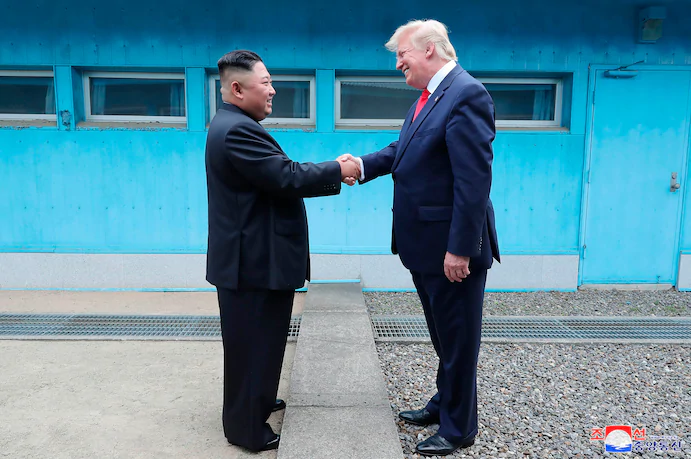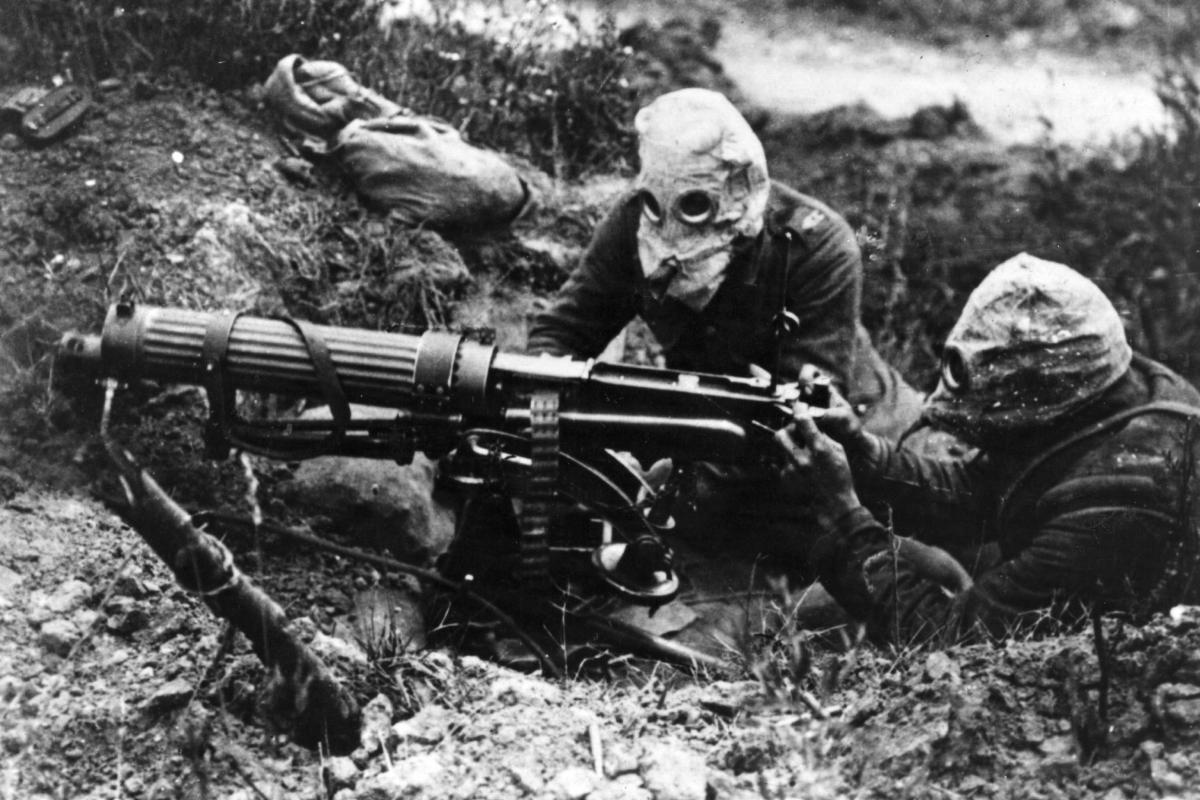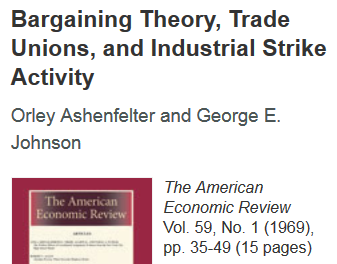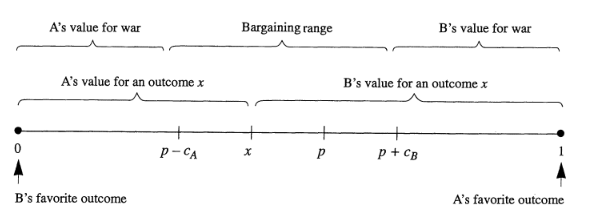Nuclear war almost happened in August 2017.
What does this teach us about the causes of war?
Answer: That we still don't really know why war happens.
[THREAD]
washingtonpost.com/politics/2020/…
What does this teach us about the causes of war?
Answer: That we still don't really know why war happens.
[THREAD]
washingtonpost.com/politics/2020/…
The idea is the following: since war is costly (think of all the millions of people Mattis feared would die in a 🇰🇵🇺🇸 war), states have an incentive to "strike a bargain" that avoids war. 

Bargaining theory is really useful for understanding why a deal isn't reached. Reasons include (i) beliefs that the other side is bluffing about resolve/acceptable deals, or (ii) unwillingness to believe that the other side can stick to a deal.
cambridge.org/core/journals/…
cambridge.org/core/journals/…
And it treats the "onset of war" as a really, really, really bad "exit option" from bargaining.
States often avoid this exit option, but sometimes don't.
States often avoid this exit option, but sometimes don't.
This is all well and good. But there is a problem:
Why does "exit option" == "Shooting one another"?
Why does "exit option" == "Shooting one another"?

Why can't the leaders find another type of costly action, such as economic sanctions?
onlinelibrary.wiley.com/doi/full/10.11…
onlinelibrary.wiley.com/doi/full/10.11…
In other words (and I know this is going to be controversial with folks), the bargaining model of war doesn't actually tell us why "war" happens. 🤔🤯
I'm not the first one to make this observation.
Erik Gartzke did years ago in @IntOrgJournal
cambridge.org/core/journals/…
Erik Gartzke did years ago in @IntOrgJournal
cambridge.org/core/journals/…
And Robert Powell wrote, "“The mechanisms are too general and too spare to explain particular outcomes in any degree of specificity.”
amazon.com/Shadow-Power-R…
amazon.com/Shadow-Power-R…
This really shouldn't be surprising since the bargaining model of war is really just an extension of the models of labor disputes/strikes
jstor.org/stable/1811091…
jstor.org/stable/1811091…

My critique isn't limited to bargaining theory.
One could also say the same about "The Steps to War" explanation for war: it highlights "risk factors" but not the "mechanism"
oxfordre.com/politics/view/…
One could also say the same about "The Steps to War" explanation for war: it highlights "risk factors" but not the "mechanism"
oxfordre.com/politics/view/…
Or the "Security Dilemma": arming yourself out of fear of others' arms (for what ever reason that fear comes about) doesn't tell you when and why you start actually using those arms against one another (cc @JenniferMitzen)
journals.sagepub.com/doi/abs/10.117…
journals.sagepub.com/doi/abs/10.117…
So we need to bring in ancillary theories to explain why the shooting begins. These are numerous.
There is "Preventive War"
tandfonline.com/doi/full/10.10…
There is "Preventive War"
tandfonline.com/doi/full/10.10…
In short, we are fortunate that war was avoided in August 2017. The missiles of August 2017 could have been far more devastating than the guns of August 1914.
But why one August ended in "peace" and the other in "war" is still a puzzle to international relations scholars.
[END]
But why one August ended in "peace" and the other in "war" is still a puzzle to international relations scholars.
[END]
• • •
Missing some Tweet in this thread? You can try to
force a refresh
















